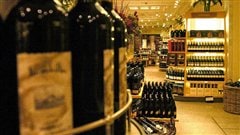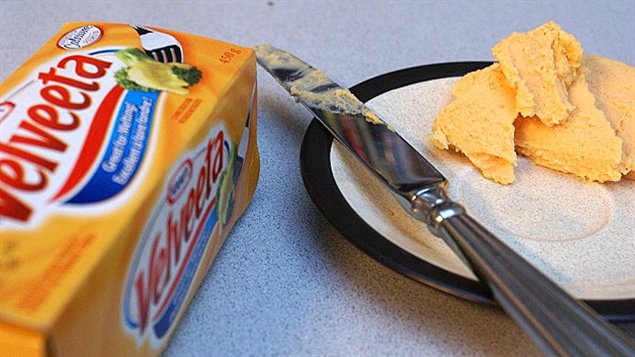A couple of weeks before the hugely popular US Superbowl weekend coming up on February 2nd, Kraft Foods has announced a possible shortage of a popular spreadable snack product Some hint that there might not actually be a shortage.
They suggest that it’s a ploy to encourage consumers to stock up to avoid the professed shortage, and with more on hand at home, consume more, thus generating considerable profit, and boosting the company’s first quarter sales figures.
Sylvain Charlebois is a professor and food distribution and policy specialist in the Department of Marketing and Consumer Studies at the University of Guelph in Ontario Listen In another example a well-known major turkey supplier which supplies 20% of the market announced a shortage of turkeys shortly before the US thanksgiving weekend, when turkeys are hugely popular.

One headline read “Turkey shortage may ruin your Thanksgiving”, another “Don’t panic, but there’s a turkey shortage”.
With headlines like that, of course people panicked and rushed out to buy a turkey. But what was not so well announced was that only supplies of the company’s fresh turkeys in its biggest sizes of 8kg or more were affected and there were ample supplies of all sizes of frozen turkeys and of smaller sizes of fresh birds.
Of course there were and are many other suppliers of birds, fresh and frozen available. In the cold of this winter, propane for heating seems to be in short supply in many places in North America with prices rising. Although reserves are lower than at this time last year, the US Energy Administration also shows production up slightly over this period last year. Canadian figures show slight increases in 2012 over 2011 production.

A world-wide crisis in wine shortage was announced last year by the Australian division of the investment firm Morgan Stanley and picked up by media around the world. The investment firm released a graph showing the decline in wine reserves based on a 2012 estimate by the Organisation Internationale du Vin (OIV) despite a new 2013 graph from OIV available two days earlier showing a healthy rebound in wine reserves.
Curiously the investment house at the time of their media release were simultaneously promoting an Australian wine company as a top investment stock.
With the news of a shortage however, wine sales around the world went up. This was hardly surprising as scientific studies have shown that whenever consumers learn of a scarcity in something, there is a strong tendency to rush out and buy the product or commodity.
While there may be cases where production or supply issues do create temporary shortages, a company might decide to announce a shortage when there is none. This will get media attention from twitter to mainstream outlets, thereby getting the name of the company and product wide exposure to the public, which is in effect generating free advertising.
Marketing specialist Charlebois points out that companies may stockpile products or hold commodities in reserve when plentiful to prevent flooding the market and lowering prices. He says there can indeed be legitimate shortages from time to time but tend to be regional or local and due to such things as weather affecting supply or delivery, but he says whenever he hears of a shortage announced, his first thought is to wonder if the shortage is real or a marketing ploy. In any case, says
Professor Charlebois, even if there was an actual shortage of a product, there are almost always many suitable alternatives available to consumers.
BBC- the wine drought that never was
Mother Jones on the Turkey shortage 2013







For reasons beyond our control, and for an undetermined period of time, our comment section is now closed. However, our social networks remain open to your contributions.